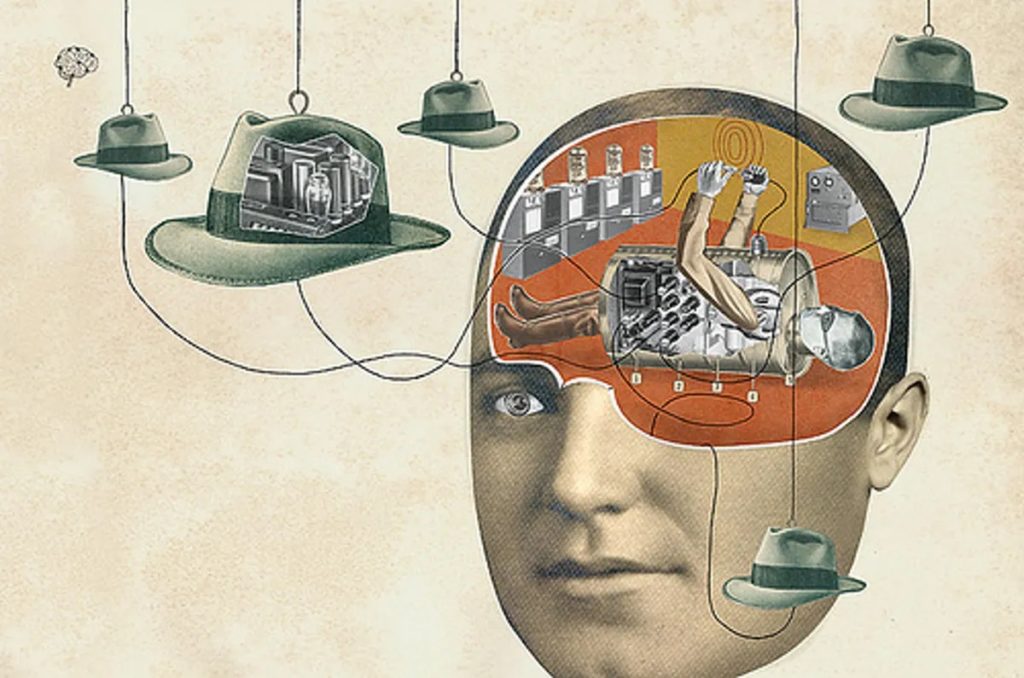By Brian D. Earp (@briandavidearp)
Those who follow my work will know that I have published a number of papers on the ethics of medically unnecessary genital cutting practices affecting children of all sexes and genders (a partial bibliography is at the end of this post). When my writing touches on the sub-set of these practices that affect persons with characteristically female genitalia, primarily women and girls, I have on occasion received some pushback for using the term ‘FGC’ for female genital cutting rather than ‘FGM’ for female genital mutilation (though I have also received words of appreciation, so, I cannot please everyone).
A recent instance of such pushback came from a respected colleague in response to a forthcoming paper of mine in Archives of Sexual Behavior, in which I explicitly argue against the use of ‘mutilation’ in certain contexts, as there is evidence that such stigmatizing language may have adverse effects on the very people who are meant to be helped. The paper, “Protecting Children from Medically Unnecessary Genital Cutting Without Stigmatizing Women’s Bodies: Implications for Sexual Pleasure and Pain” is available as a pre-print here.
Given that this terminological issue is likely to keep coming up, I thought I would share parts of the reply I wrote to my colleague (lightly edited). I certainly don’t expect that everyone will agree with what I say below, but I hope it can shed some light on at least one plausible way of thinking about such difficult matters.
One last thing. In order to understand my reply, you need to know that my colleague argued that my use of ‘FGC’ rather than ‘FGM’ is disrespectful because it goes against the recommendation of the 2005 Bamako Declaration adopted by the Inter-African Committee (IAC) on Traditional Practices Affecting the Health of Women and Children. My answer is immediately below.
Read More »Mutilation or Enhancement? What is Morally at Stake in Body Alterations




